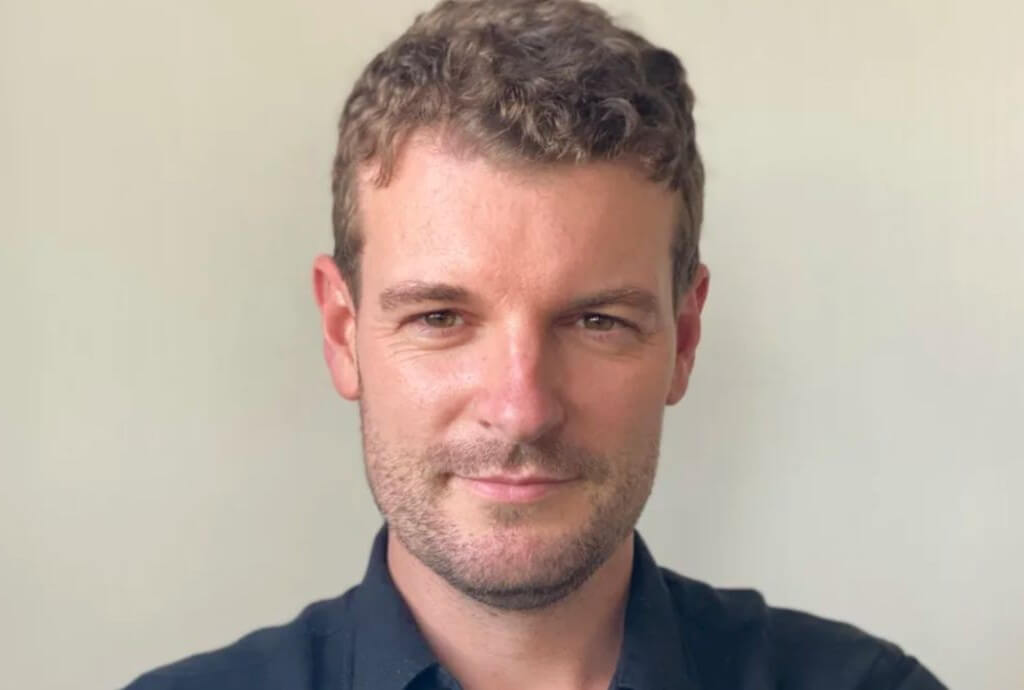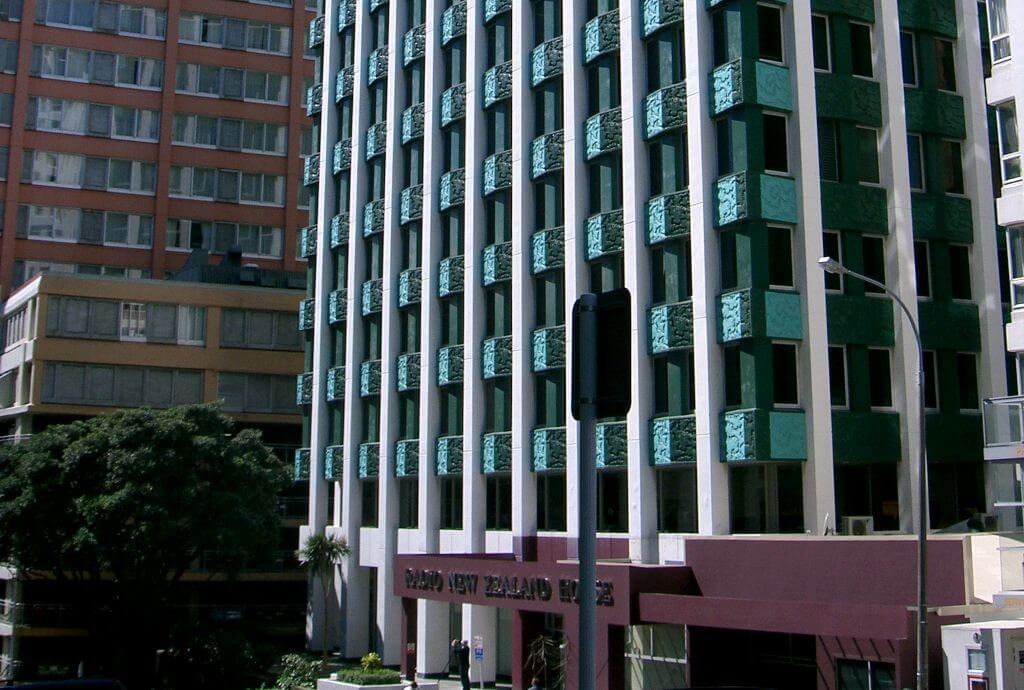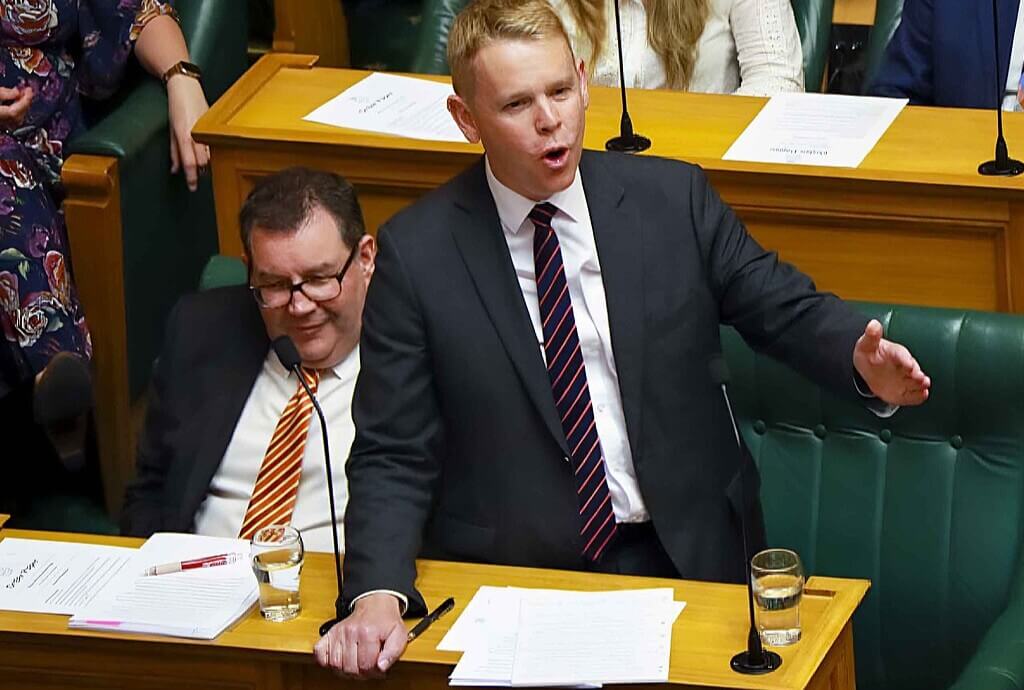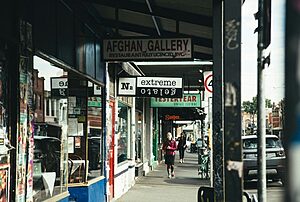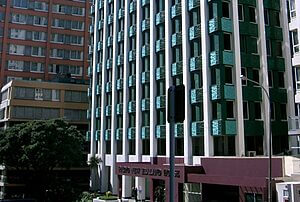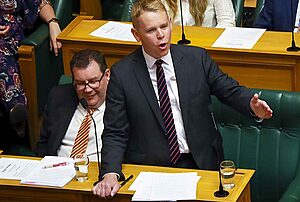In brief
- Private lobbyists who’ve worked closely with Cabinet use their special connections and inside knowledge for clients.
- In NZ there are no laws stopping people from moving back and forth between promoting private interests and acting for the public.
- This lets lobbyists use confidential public information for private interests, undermining public trust and democracy.
Corrupt elsewhere, but not in NZ, since this type of corruption is legal
Experts like Transparency International say New Zealand is one of the least corrupt countries. Yet it’s also one of the countries with the fewest regulations on political lobbying.
Lobbyists are well-connected professionals who advocate for laws desired by the group hiring them. One way or another, members of parliament are influenced by representatives of various groups, but when special interest groups pay for extra access to lawmakers, who are supposed to represent the general public, this can undermine democracy. So lobbying is controversial, often seen as negative or as legal bribery; in some countries it is illegal.
The most effective political lobbyists are those who have worked in the centre of power and so have special connections and inside knowledge, which they use to help their corporate clients. In New Zealand there is nothing stopping them moving back and forth between corporate advocacy and political positions, and this has become a booming industry.
New Zealand’s Cabinet Manual says ministers should “ensure that they do not become associated with [lobby groups]”. But such associations are openly advertised by lobbyists.
Citizen Faafoi’s special powers
Kris Faafoi is a transparent example. In June 2022 he left Cabinet, and within weeks started a new lobbying firm. Its advertising pitch:
We know how Government works at the highest level… We know why and how journalists ask questions and we know how to be ready to answer them… We work with clients to get their perspectives ready to be in front of decision-makers, the public and the media… As a former senior Parliamentary Press Gallery reporter, Chief Press Secretary to the Leader of the Opposition, Member of Parliament and Cabinet Minister Kris has networks, understanding of the Government and working experience in the media.
Max Rashbrooke commented in The Spinoff:
Faafoi will have been privy to the most important political discussions in the land, compiling a treasure trove of information. And normally that knowledge is held confidential… the vast majority of the information surrounding such discussions – the arguments made for and against in cabinet, the motivations and positions of individual ministers, the political realities that determine a given decision – is kept under wraps. In particular, confidential public information is not supposed to end up in the hands of commercial interests. With good reason, we do not simply sell information about cabinet debates to the highest bidder. That information is supposed to be used for the public good, not to advance private interests.
Every other Western democracy has laws preventing this, with a mandatory period where ministers cannot take up jobs with a conflict of interest. In Australia it is 18 months, in the US 2 years, in Canada 5 years.
Transparency International recommends a minimum 2 year stand-down. Yet this doesn’t hurt NZ’s ranking in its corruption index.

